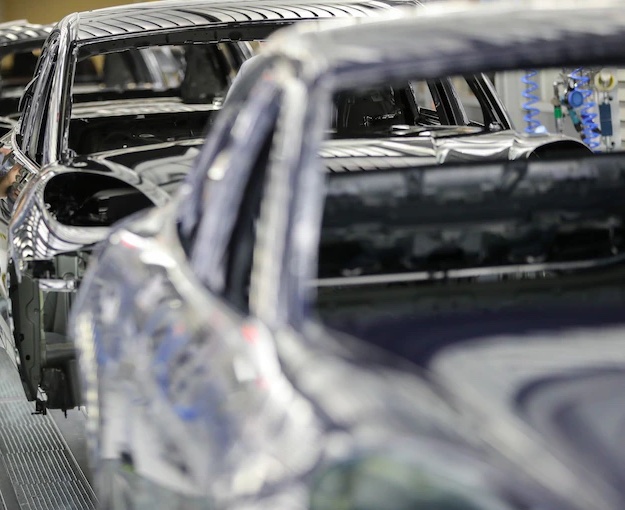Recently, I have made some conscious choices within my investment portfolio. I am reducing the number of positions in order to make my portfolio more manageable and focused. Less diversification, but more focus on quality and conviction. In that context, I decided to sell my position in $KMB (-0,13%) I decided to sell my position in $CVX (-0,65%) and the $JEGP (-0,38%) have expanded.
The sale of KMB was a strategic decision. I have held this stock in my portfolio for a long time because of its stable dividend and defensive nature. Kimberly-Clark operates in consumer products - think tissues, diapers and personal care products - making it a classic example of a defensive stock. Yet lately I've noticed my conviction waning. Simply put: I no longer see little to no growth potential. Sales growth is stagnant, innovation power seems limited, and the company does not really know how to distinguish itself in a saturated market. For me it is clear: I would rather invest that capital where there is still movement. I have therefore decided to close the position completely.
I used part of the released capital to increase my position in Chevron my position in Chevron. Chevron remains an interesting investment for me within the energy sector. Despite the cyclical nature of the sector, I see Chevron as a reliable player with strong fundamentals. They have a healthy balance sheet, pay an attractive dividend, and are actively investing in the energy transition. That combination - traditional strength and future-oriented thinking - appeals to me. The recent price developments also gave me a great opportunity to further expand my existing position at a favorable price.
I also increased my stake in the ETF JGPI increased. This ETF is part of a broader strategy to bring more stability as well as income into my portfolio. What I like about JGPI is the combination of global equities and a covered call strategy. This provides an additional income component on top of the regular dividend. I also like the active approach of this ETF: it is not a passively diversified basket, but a carefully managed selection of quality companies. By increasing my position, I not only increase the diversification in my portfolio, but also increase my income stream.
These adjustments fit squarely within my broader goal of making my portfolio more compact and focused. Fewer positions means I can better track what I own, and only invest in what I really feel strongly about. For me, it's not about having "a little bit of everything," but about consciously choosing positions with conviction. Chevron and JGPI fit that perfectly: defensive strength and dividends on the one hand, global diversification with a smart income strategy on the other.
I will continue to actively monitor my portfolio and make adjustments where necessary, but with this move I am another step closer to my ideal balance: orderly, stable, and focused on the long term.












